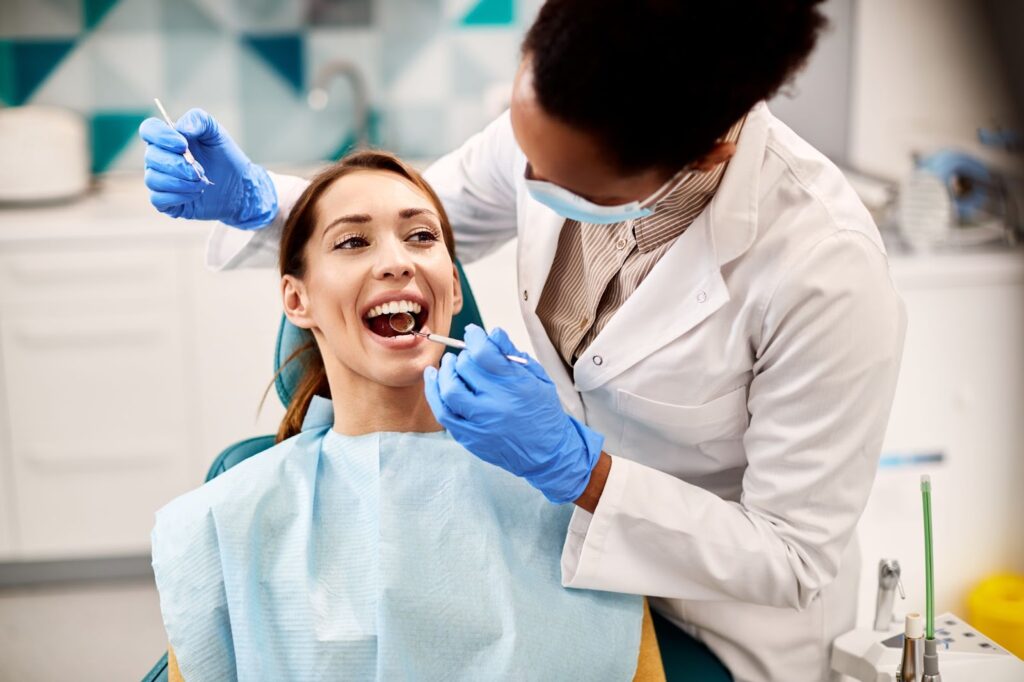Regular dental exams are more than just a routine check-up. They’re a crucial part of maintaining your overall health and well-being. But what exactly goes into a full dental exam?
A comprehensive dental exam can include:
- A discussion on current oral health and concerns
- A visual examination of your mouth, teeth, and gums
- An assessment of oral hygiene and gum health
- Digital X-rays, if needed, to check for cavities
- An evaluation of teeth spacing, jaw joint, and bite
- Oral cancer screening
- Post-dental exam discussion
- Professional cleaning
Whether you’re a parent making sure your child’s teeth are healthy, an older adult wanting to keep your smile bright, or simply a curious person, understanding the ins and outs of a comprehensive dental exam can help you feel more comfortable and prepared.
Benefits of a Full Dental Exam
Regular dental exams are your first line of defence against oral health problems. Early detection of issues like cavities or gum disease can help address these problems before they become painful and costly.
Did you know that your mouth can reveal signs of systemic health issues? Conditions like diabetes, heart disease, and even certain cancers can impact your oral health. Dentists are trained to recognize these signs and can refer you to a specialist if they notice something concerning.
What to Expect in a Full Dental Exam
A full dental exam involves a conversation before the exam, professional cleaning, assessments and evaluations during the exam, and a post-examination discussion.
Before a Dental Exam
Your dental exam begins at the reception desk for the initial check-in. Expect to update your information, including any changes in your medical history or new concerns about your oral health. You’ll often complete a questionnaire that helps your dentist understand your current health status. This initial discussion sets the stage for a thorough and personalized examination.
Professional Cleaning
While not all dental exams include cleaning, a dental cleaning usually takes place before the exam. A dental hygienist will remove plaque and tartar buildup that regular brushing and flossing can’t handle. This cleaning helps prevent cavities and gum disease and leaves your teeth feeling fresh and clean. Professional hygienists can also inspect your teeth and mouth for potential concerns and can relay these concerns to you and your dentist.
During the Dental Exam
After your teeth are professionally cleaned, your dentist performs a visual check of your mouth, gums, and teeth. Your dentist will look for any obvious signs of problems like cavities, gum disease, or irregularities in the alignment of your teeth. This step is crucial for identifying issues that might not yet be causing discomfort but could develop into significant problems if left untreated.
Gum Health Assessment
Your gums are a vital part of oral health, and your dentist will assess them during the exam. A gum assessment involves measuring the depth of the pockets around your teeth with a small probe. Healthy gums have shallow pockets, while deeper pockets can indicate gum disease. Early detection of gum issues can prevent more severe health problems later.
X-Rays
Digital X-rays are a standard part of a full dental exam. These images provide a comprehensive view of your teeth and jawbone, revealing issues that aren’t visible during the visual exam. X-rays can detect cavities between teeth, impacted teeth, and bone loss associated with gum disease. Some modern dental offices also use advanced imaging technology for a more detailed view of your oral structures.
Check Your Bite, Teeth Spacing, & Jaw Joint
Another important aspect of a dental exam is evaluating how your teeth fit together when you bite and checking the function of your jaw joints or the temporomandibular joint (TMJ). Your dentist will look for signs of wear on your teeth, which can indicate grinding or clenching, teeth spacing, and assess the alignment of your bite. Problems with your bite or TMJs can lead to pain and other complications, so a dental exam aims to detect these and suggest a treatment plan.
Oral Cancer Screening
Early detection of oral cancer significantly improves the chances of successful treatment. During your exam, your dentist will check for unusual sores, lumps, or discolorations in your mouth and throat. This screening is quick and painless, and you might not even realize the screening is taking place, but it can be life-saving.
After the Dental Exam
After your full dental exam, you can expect to discuss findings with your dentist.
After all the examinations and cleanings, your dentist will explain any issues they’ve found, recommend treatments or procedures if necessary, and answer any questions you might have. Take this as an opportunity to get personalized advice on your oral health and maintenance.
How Often Should You Get a Dental Exam?
Most dentists recommend getting a dental exam every 6 months. However, depending on your oral health needs, your dentist might suggest more frequent visits. Regular exams help catch any developing issues early.
Maintain Good Oral Health
Regular dental exams help maintain your oral and overall health. Benefits include preventing and detecting issues early, saving money in the long run. Understanding what to expect during a full dental exam can help you feel more at ease and prepared for your next visit. You can maintain good oral health by brushing twice daily, flossing daily, and eating a balanced diet between exams.
Book your next dental exam with Shin Dentistry today and take the first step toward a healthier, brighter smile.



